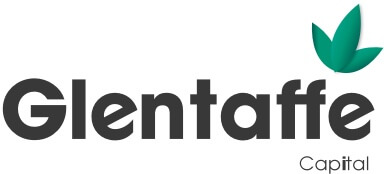Getting Business Transformation ‘Done’
‘Get Brexit Done’ they said, but it cannot be magically ‘Done’.
Such is the case too with Business Transformation, where arguably some 80% of so called transformation programmes fail to deliver the desired outcomes, on time and on budget.
The reality for management is about adapting and adjusting to the new operating models, and having not only the leadership and wit to do so, but also the right tools and techniques to see what needs to be done, and how best to deliver it, with the support of the business.
Business As Usual No More
Business owners and their advisers all yearn for business transformation.
In an increasingly fast changing world, businesses cannot stand still. Business is not business as usual any more, as environmental pressures mount, the Corona virus spreads, floods and wildfires strip the countryside, and technological innovation crushes old business models.
Such crises present opportunities and risks and as Darwin said ‘the species that survives is the one best able to adapt and adjust’.
Constantly Evolving Operating Models
Therefore this survival is not just about managing business as usual. Of course, for some, the day job is still there, but it is also about a series of enabling programmes and projects that create new strategies and operating models, and the people, processes and systems required to run them in the future.
These enabling programmes and projects are often complex and involved, with impatient deadlines and a strong sense of ‘time is money’.
They are wanted ‘now, even yesterday’, because if not grasped and delivered, then there are ready competitors who grab the customers, revenues and margin, often for a lifetime.
New Tools and Techniques
There might have been a time when financial ledgers and bank statements provided the success or failure story, and businesses somehow muddled through just on that, plus collective management wisdom.
As was explained in the book and film ‘Money Ball’ about baseball, the collective wisdom of insiders over the past century is subjective and often flawed. ‘Money Ball’ presented a strong argument for more analytical gauges of player performance, so a team could better compete against richer competitors.
The same argument is true for management of business transformation programmes.
People and Platforms
Organisations need to become more effective in their decision making at all levels, but particularly so at the senior level.
This is true not only for so called ‘business as usual’ but also for the management of vital business transformation programmes.
Thus the view for senior executives must be clear and as unambiguous as possible, and their management tools and dashboards should be crafted for more than storing information. They must be up-to-date and shaped to facilitate optimal decision making.
Having software and the right people operating it, can ensure all necessary information is available at each appropriate level of the business. This means creating a platform that allows the freedom to decide, operate and deliver.
It is about EQ and IQ.
Success Factors
The key ingredients for success are the governance model, a well-defined milestone plan, managed risks, assumptions, issues and dependencies, together with the necessary resources, in terms of people and funding to deliver.
This new platform needs to be positioned at the top level of the organisation with management systems that support it.
It also needs to contain necessary detail, but not be overly cluttered, and to efficiently and effectively speed up the process of reporting and the support required for each steering group and project meeting.
The exciting vision is that increasing use of such platforms and people skills will indeed ‘Get Business Transformation Done’ !
